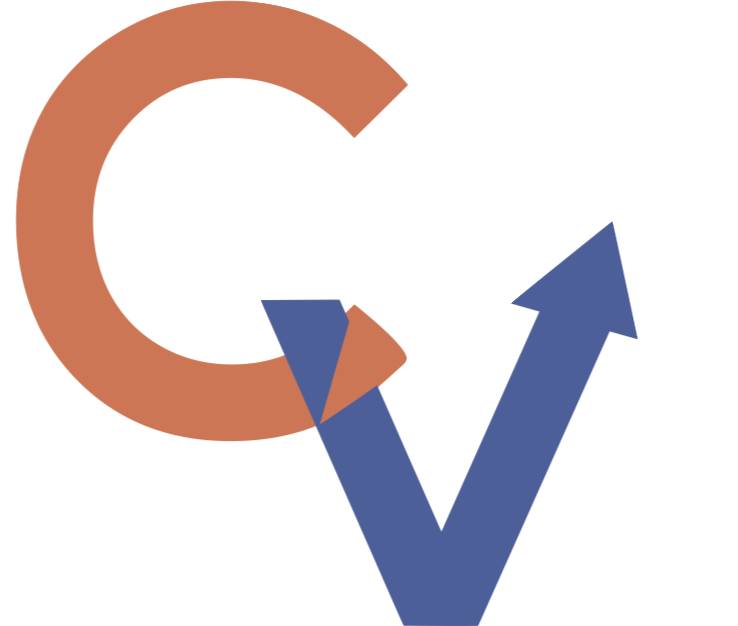How to Conduct an Effective Job Search
If you are sitting behind your desk for hours on end each day applying to job postings through LinkedIn, Monster or Indeed, stop. This is not the primary way to land a job. Studies reveal that over 80 percent of jobs are filled via networking and referrals. What does that tell you? Step away from your computer if you want results.
This is true if you're a recent graduate or experienced professional. A 2016 Gallup survey concluded that 20 percent of students found an internship or job through a friend and 50 percent found their jobs through professors or campus staff.
The issue with blind applications is that unless you have an in-demand, highly sought after skill set, your application swims in a sea of applicants. It is going to be very difficult for an employer to distinguish between you and hundreds of others. Employers are constantly seeking ways to narrow the pool of applicants for a single job. There are simple ways to dismiss people for the first thing that they notice – a mistake on your resume, less work experience than someone else who applied, not tailoring your cover letter to the employer and job, or you haven’t come in through an employee referral. Even if you put a lot of time into making your documents perfect, there is no guarantee you’ll be called for an interview or contacted at all.
Save time on your online searches. It’s difficult to know which job search resources are worthwhile. Almost no one has the time to sift through it daily. Set up free job alerts on several sites that will email you relevant postings at a frequency of your choosing. You can do this on LinkedIn and HotJobAlerts, among many others. HotJobAlerts aggregates jobs from many sites like Indeed, Careerbuilder and Monster so that you will catch a lot of postings. Be smart about where you decide to apply. If you don't meet close to 100 percent of a job posting’s minimum qualifications, you are probably wasting your time.
Use personal connections. Usually people hear “networking” or “connections” and immediately think they need to be professionally linked somehow. Of course, you should be reaching out to professional contacts to ask for advice and assistance, but some of the best connections you can foster come out of social interactions. Shared interests are often what bonds people as friends. Those people can be very helpful, but you need to tell them what you are looking for and exactly how they can help. For example, if you know your friend’s company is searching for someone with your background, ask if they can send your resume forward to HR. If they are connected on LinkedIn with a person you want to meet, ask for an introduction. An important thing to remember is that there are postings you will never see online and jobs you will never know about until you start talking to people and getting referrals into HR. That’s what people refer to as the hidden job market.
When you don’t have personal connections relevant to your search. Search your alumni database or alumni social media groups for people who work in your city, at your desired company or in your industry. Do not restrict your search to people who graduated in the same year or with the same degree or level of degree. Sharing the same school is enough. Reach out to people you’d like to connect with and don’t immediately say, “can you send my resume on to your HR department?” Ask for their advice:
“Dear Joe,
I found you in the Notre Dame alumni database. I’m a 2007 graduate and wanted to ask if you might have 15 minutes for a phone conversation. I’ve been working in IT project management since graduation but I’m looking into other options. I’d like to hear about your career path and your experience at IBM. Please let me know if you have time for a brief call in the coming weeks.
Many thanks for your time,
Ashley”
If you don’t have or you’ve exhausted alumni connections, search on company websites and LinkedIn for logical contacts to address your cover letter to and perhaps even reach out to in order to ask for a brief conversation (if you do this, don’t target HR staff as they typically aren’t permitted to or simply won’t do this). You can broaden your network by reaching out to targeted people in groups you belong to on LinkedIn and asking them to not just connect on the platform but to have a real conversation.
Use a high quality resume and cover letter. Even when connections pull through, your resume and cover letter shed a glowing light on you, so you need to be clean, concise and make them bulletproof. Build a solid resume with a brief career summary and bullets that reflect specific things you've done, plus the impact or end goal of your work. From there, tweaks will be minimal. Make sure you use keywords and phrases in your profile from the posting as it applies to your background.
Turning your job search from passive to active can make all the difference and get you interviews more quickly.
